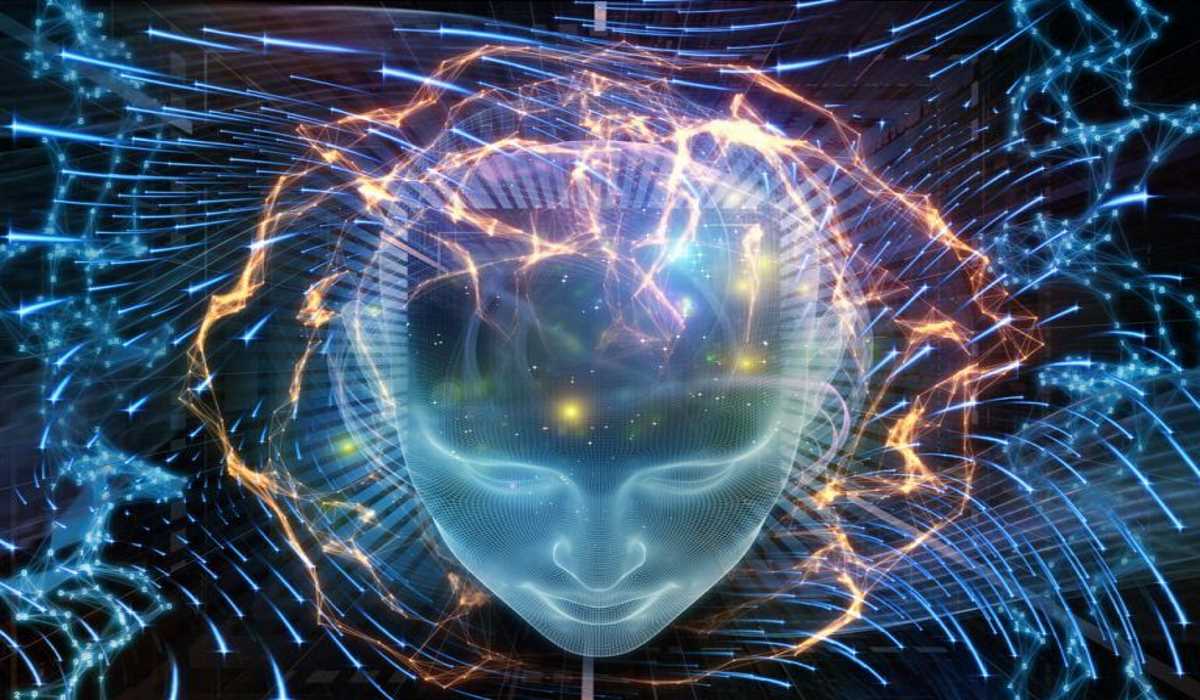Empathy is a phenomenon that fascinates the world.
Empathy, like any other personality trait, differs from person to person. Some people are very empathetic, which means they can guess what others are feeling and can even identify with the other person. People who have no empathy for them, are the opposite: they do not put themselves in the shoes of another person, and only see their point of view.
Being empathic is a gift and being in the presence of an empathic person is a real blessing. Empaths make excellent friends because of their ability to read in people’s body language and thoughts. It also means that the empath has great compassion for others and it can be difficult to experience all the emotions through what others give you.
But how can some people have more empathic powers than others? In the book The Empath’s Survival Guide, author Judith Orloff discusses the scientific explanations of empathic people.
Here are the 5 points she reveals about the empaths:
1. Increasing sensitivity to Dopamine.
Dopamine is a neurotransmitter that increases the pleasure we feel. One study has shown that introvert empaths tend to have a higher sensitivity to dopamine than extroverts, which means they need it to feel happy.
This explains why shy empaths enjoy spending time alone, meditating and reading. They need less outside stimulation like parties and social gatherings to feel comfortable. Conversely, extroverts must communicate and socialize to have their dopamine dose.
2. Synesthesia.
Synesthesia is a neurological state in which two different types of senses are paired in the brain. For example, you hear music when you see colors, or you can feel words. There is also a “mirror synesthesia”, which means that we can feel the emotions and energy of others as if they were ours.
3. The system of mirror neurons.
There is a specialized group of brain cells that are responsible for compassion and feeling sorry for others. These cells allow you to experience and understand what the other person is going through, their joy, their pain, and all the other emotions. Empaths have hyper-reactive mirror neurons, and because of this, they can respond well to people’s feelings.
Unlike empathic people, psychopaths, sociopaths, and narcissists do not have this kind of cells in the brain, and because of that, they think only of themselves and do not understand what the other person is going through. These people are not capable of unconditional love, and they will put their needs and comfort ahead of others.
4. The emotional contagion.
Emotional contagion means that people can emit energy and emotions. If someone is stressed, it can affect the compassionate people around them too. Or when someone is crying, empaths also become sad.
In a New York Times article, it is written that it is essential that couples have synchronized moods. Otherwise, it will hurt the relationship. So, what’s the lesson here? The happier and more confident people around you, the happier you will be. So choose the people you interact with carefully.
5. Electromagnetic fields.
The latest discovery is based on electromagnetic fields, generated by the brain and heart. They transmit information about people’s thoughts and emotions. Empaths are more sensitive to these fields and may even be overwhelmed by the emotions of others. Empathic people are also affected by the magnetic fields of the universe and their changes. They are more connected to the Earth than non-empathic people.
Empathy is one of the most important traits. It is important to understand and consider others. Only in this way can all humans live peacefully on Earth. Always think about how we affect others. On the other hand, it is important not to judge, but to try to understand what others are feeling and going through. When you have an empath in your life, you must keep them because it is difficult to find people who will completely understand you.







